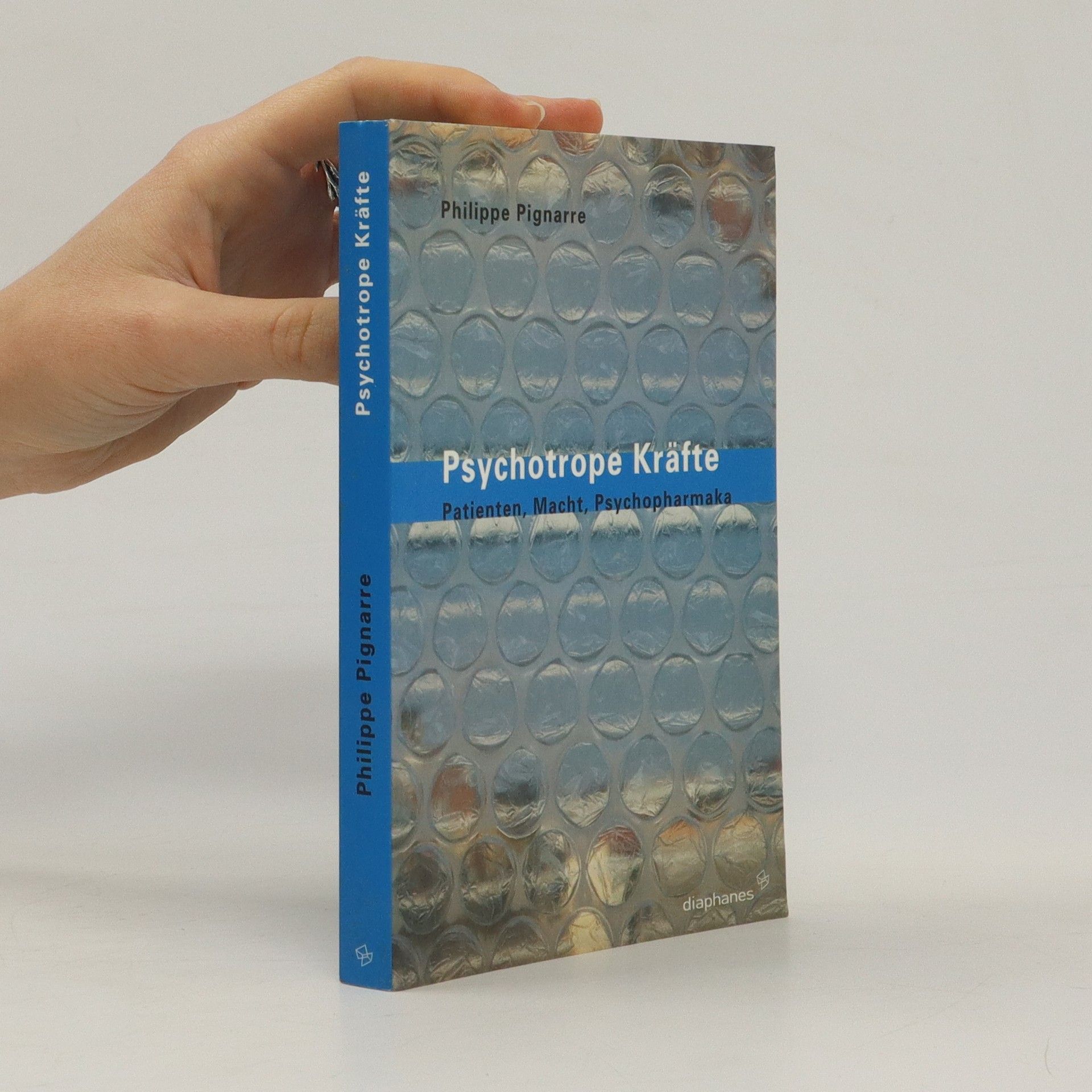Certain great friendships have left their mark in the annals of philosophy – and without a doubt, the friendship of Bruno Latour and Isabelle Stengers is among them. Although they have written very few texts together, their intellectual companionship has lasted for over thirty years and their respective work can be fully understood only when the many inter-connections of their thought are brought to the fore. Latour and Stengers occupy the same starting place, one which remains at the heart of their work: scientific practice, which is the pride of modernity. Why do we Moderns define ourselves as those who know, while others are condemned to be only believers? This question led Latour and Stengers to the same fundamental question: how to understand and live in what Latour calls ‘the new climatic regime’ and what Stengers calls ‘catastrophic times’? Philippe Pignarre’s aim is not to try to sort out which ideas belong to whom but, on the contrary, to interweave their thought even more, and to show how a concept put forward by one – the ‘Great Divide’, ‘cosmopolitics’, ‘Gaïa’ and so on – is taken up by the other, always on his or her own terms, and developed further. In so doing he sheds new light on the origins and development of their work at the same time as he documents an exceptional intellectual adventure between two of the leading thinkers of our age.
Philippe Pignarre Livres


Psychotrope Kräfte
Patienten, Macht, Psychopharmaka
Seit der Einführung psychiatrischer Psychopharmaka im Jahr 1952 werden kontinuierlich neue Medikamente entwickelt, und der Konsum steigt. Psychopharmaka sind umstritten und ihre Anwendung ist sowohl gesellschaftliche Praxis als auch Politikum – von der Psychiatrie über die Verabreichung von Ritalin an hyperaktive Kinder bis zur Ruhigstellung von Abschiebehäftlingen. Philippe Pignarre, selbst Klinischer Psychologe und ehemaliger Mitarbeiter der Pharmaindustrie, bietet eine tiefgehende gesellschaftliche und politische Reflexion über Psychopharmaka. Er stellt grundlegende Fragen: Was sind Psychopharmaka? Wie werden sie konstruiert? Welche Funktionen haben sie in der ärztlichen Praxis und welche Auswirkungen haben sie auf Wissenschaft und Gesellschaft? Pignarre argumentiert, dass auch die Wissenschaft unter dem Einfluss psychotroper Stoffe steht, wobei die Grenze zwischen erlaubten und verbotenen Substanzen oft willkürlich ist. Die als Psychopharmaka klassifizierten Substanzen eröffnen neue Wissensfelder, beeinflussen Krankheitsbilder und formen neue Konzepte des Psychischen. Das Buch richtet sich an Betroffene und Fachleute und fordert alle auf, sich den neuen Handlungsoptionen zu stellen. Interessierte Laien erhalten durch Berichte von Ärzten, Forschern und Patienten Einblicke in die sozialen und politischen Herausforderungen dieses komplexen Bereichs.